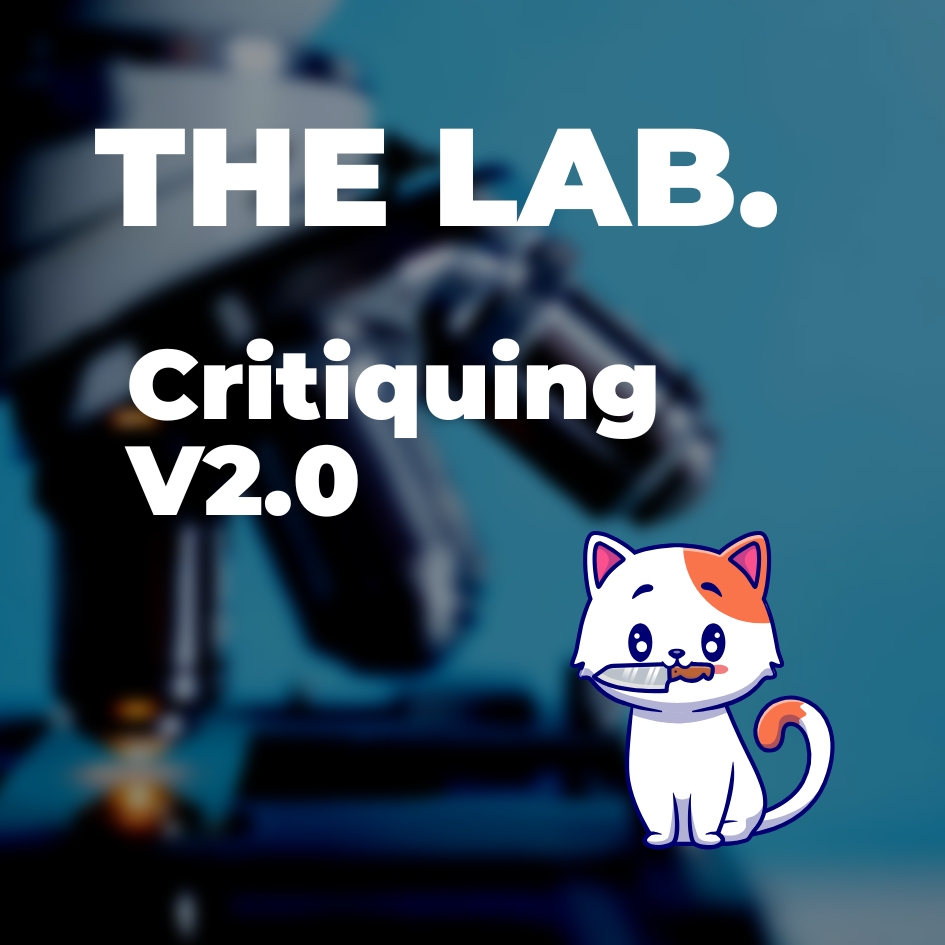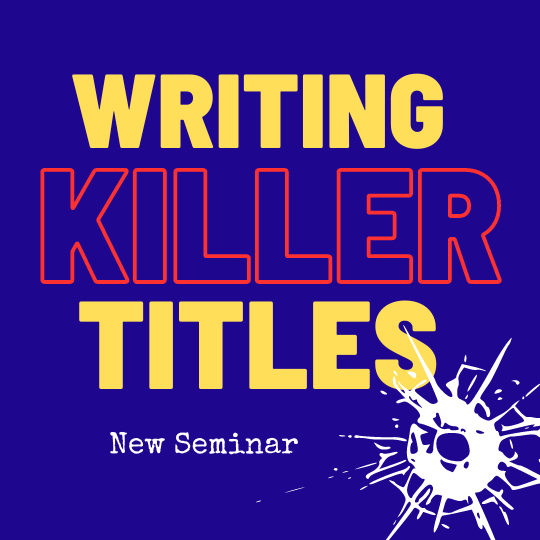I've got a novel in my head, but few chapters to show for it. All of the chapters I've actually written are short. Most are fewer than 3000 words. Chapter one isn't even 500 !
I've been told that short chapters don't give the reader time to get into a character. Even worse...I tend to split chapters into two scenes each from a different character's POV.
So...does anyone have an example of a successful author who writes short chapters? Otherwise, should I consider bulking up my prose?
Also...are two scenes too much to stick into a 3000-word chapter?
Thanks!
I've been told that short chapters don't give the reader time to get into a character. Even worse...I tend to split chapters into two scenes each from a different character's POV.
So...does anyone have an example of a successful author who writes short chapters? Otherwise, should I consider bulking up my prose?
Also...are two scenes too much to stick into a 3000-word chapter?
Thanks!




